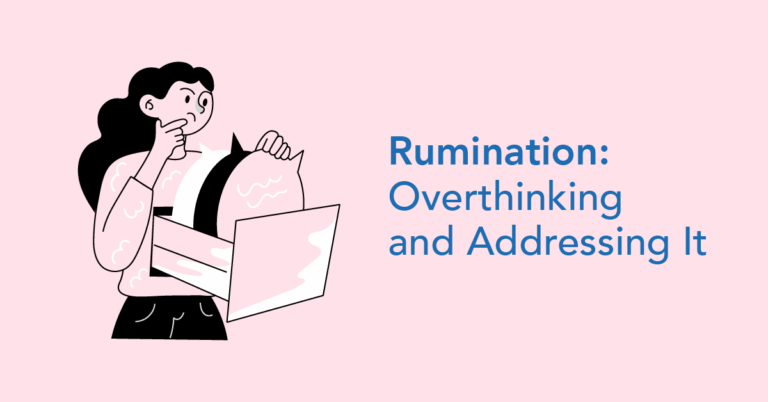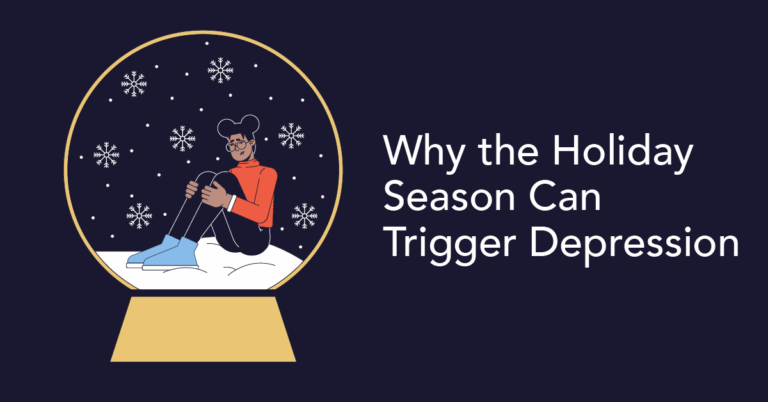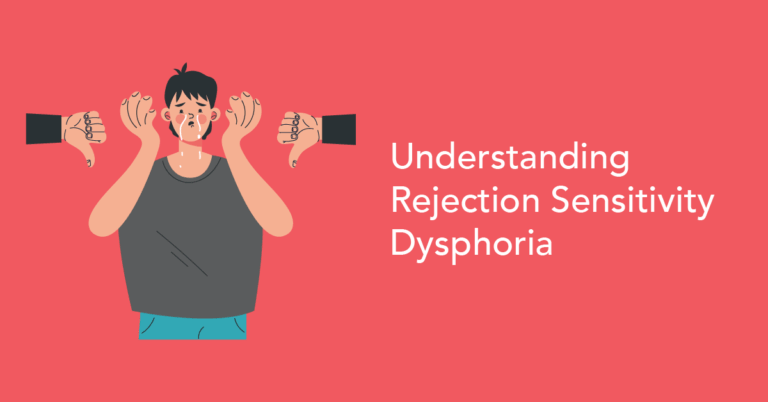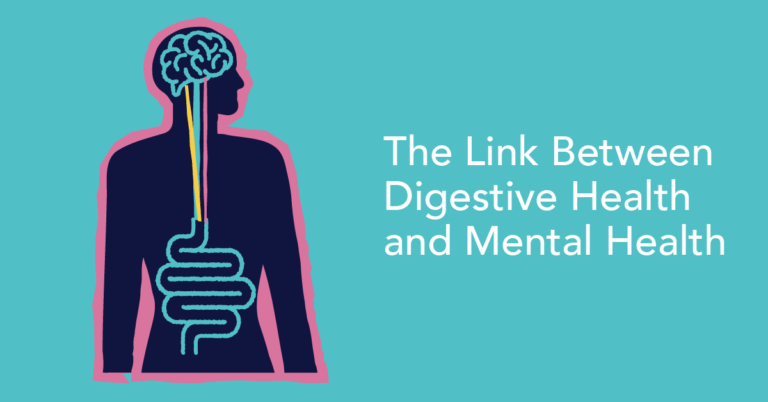Mental Health Hotline Articles

Rumination: Overthinking and Addressing it
Ever find yourself stuck in a loop of “what ifs,” rehashing conversations or replaying mistakes over and over again? That

What is Maldaptive Daydreaming and how to stop
Everyone zones out sometimes. Daydreaming during a boring meeting or imagining a dream vacation isn’t unusual; in fact, it’s a

Coping with Grief and Loss over the Holidays
For many people, the holiday season is a time of joy and connection. But for those experiencing grief, this time

Finding Mental Health Help as a College Student
College is often described as “the best years of your life,” but that isn’t the reality for everyone. Between academic

Why The Holiday Season can Trigger Depression
The holiday season is often marketed as a time of joy, connection and celebration. But for many people, this time

Managing Mental Health during Family Gatherings
Family gatherings can be joyful, but they’re not always easy. For many people, holidays or reunions stir up complex emotions,

Understanding Rejection Sensitivity Dysphoria
If you’ve ever felt emotionally wrecked by a small criticism or deeply anxious over perceived rejection, you’re not alone, and

The Link Between Digestive Health and Mental Health
Your gut and your brain may seem like two entirely different systems, but they’re more connected than you might think.

How to Cope When the Holidays are Lonely
The holiday season is often painted as a joyful, family-filled time, but for many people, it can feel deeply isolating.